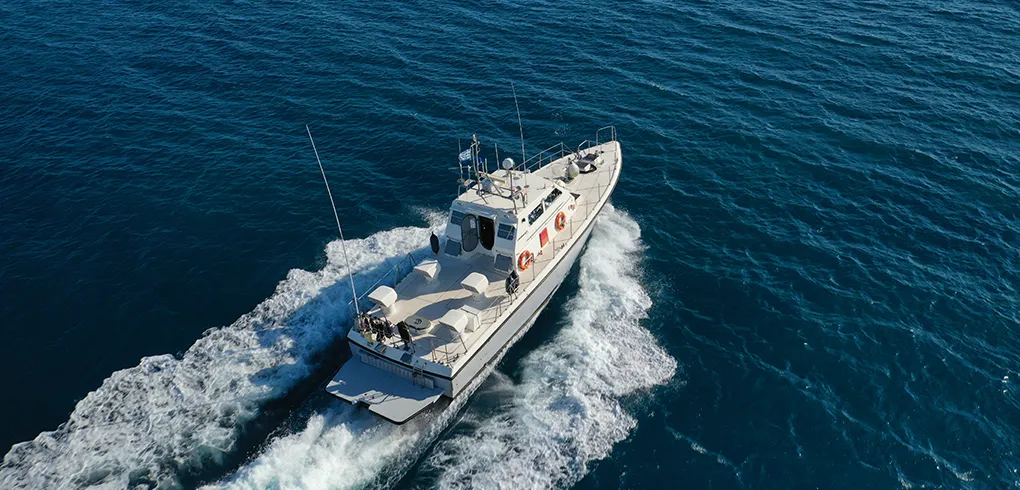New London Maritime Injury Lawyer

New London Maritime Injury Attorney
The law of the sea developed many centuries ago. Most laws derive from the English common law, but Maritime law or Admiralty law originated from the Phoenicians plying the Mediterranean Sea. Until the 19th century, there were separate Admiralty courts as well as courts of law. The courts are now combined but the legal principals of Admiralty law are distinct.
The crew of a ship is entitled to the benefits of the Jones Act if caused by even the slightest negligence of the ship, its master or its crew. In addition the injured crew member is entitled to maintenance and care – that is the payment for the crewmember’s room and board and medical care while disabled.
The Jones Act applies to ocean going vessels, fishing boats, work barges, and any vessel used to transport cargo, or passengers instead of traditional state workers’ compensation or federal Longshore and Harbor Workers’ Compensation.
A crew member under the Jones Act is anyone hired to aid in the navigation of the vessel or in fulfilling the special purpose of its mission. The Jones Act has been applied to vessels sailing out of Stonington, Mystic, New London and other ports along the Long Island Sound shore.
In addition to the Jones Act, there is the concept of General Maritime law in which the owner of a vessel warrants that the vessel in seaworthy. There are liberal concepts that aid the Jones Act and General Maritime Law. The principles of maintenance and care are liberally and humanely interpreted.
Cases have involved falling off a boat due to a lack of a rail and inadequate lighting in a marina, fall of a diver on a diving boat with a slippery dock, injuries to a crane operator on a crane barge, the breaking of a line around a capstan on a ferry boat, falls by fishermen out to sea, a fall by a ship’s cook in rough seas and an injury to a watchman on a boat caused by a broken chair during railroad bridge construction.
In addition to work injuries to crew members involving the Jones Act and General Maritime Law, Admiralty concepts may also apply to non-occupational injuries involving pleasure craft. These concepts include right of way rules, signals, lights, speed and operating under the influence.
Some of the incidents may involve the Coast Guard and some the State Department of Environmental Protection. Navigable waterways include Long Island Sound, the Mystic River, the Thames River and the Connecticut River as well as inland lakes.
Maritime injuries are frequently very different from land based injuries with very different legal principles.
CONTACT US TODAY to learn more about how we can help you in this practice area.
Contact us today. Suisman Shapiro serves clients from New London County, Windham County and Middlesex County including the communities of: New London, Norwich, Waterford, Groton, East Lyme, Stonington/North Stonington, Lyme/Old Lyme, Old Saybrook, Ledyard and Montville.







